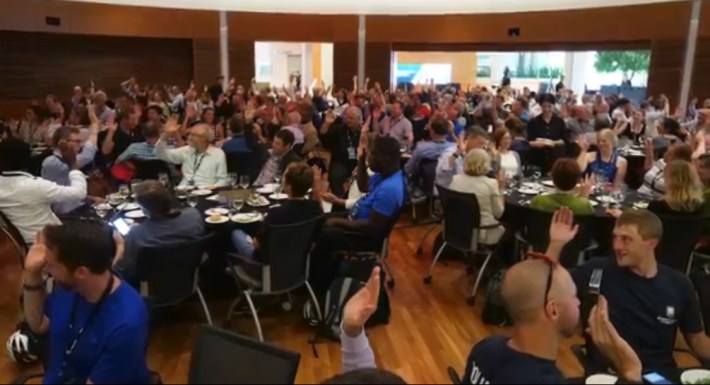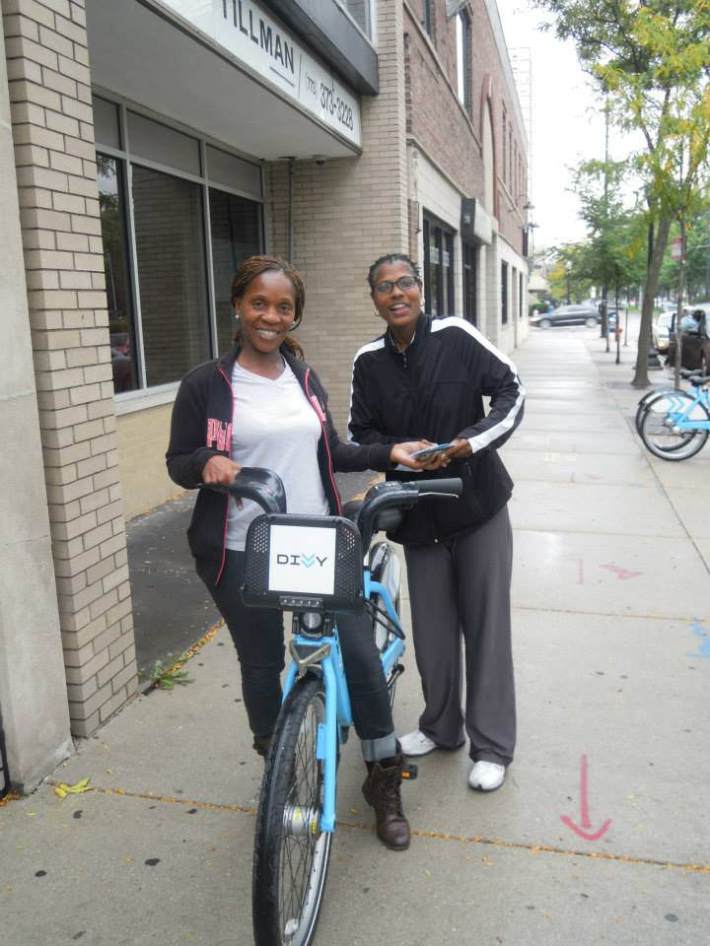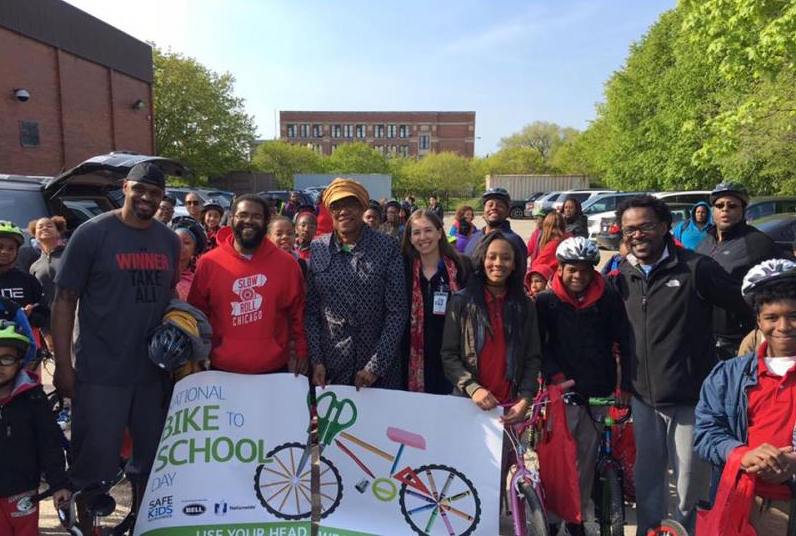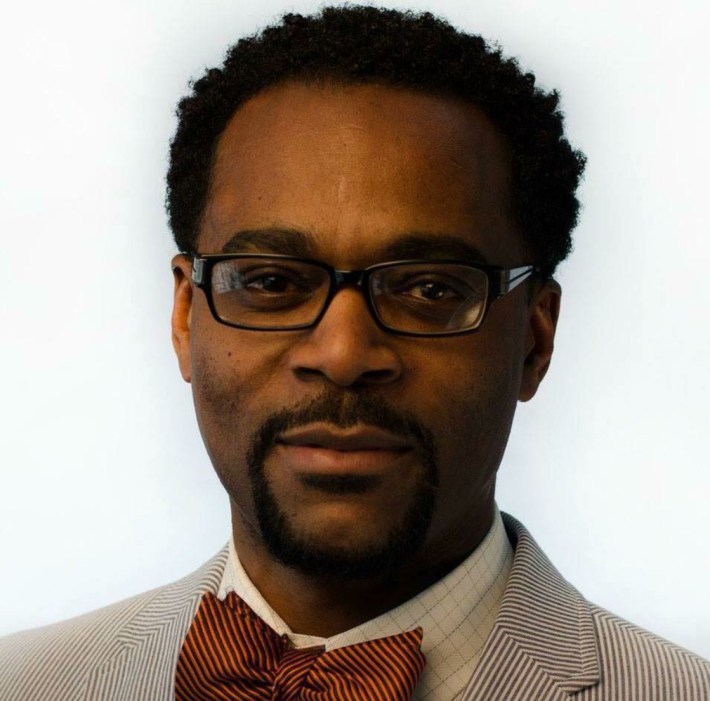“I've often thought that if planners were botanists, zoologists, geologists, and people who know about the earth, we would have much more wisdom in such planning than we have when we leave it to the engineers.” – attributed to William O. Douglas, former associate justice of the U.S. Supreme Court
Now, of course, urban planning would be wholly impossible without the care and concern of engineers and others engaged in the more technical aspects of planning. These words, however, attributed to Justice Douglas, have at their core an essential truth with regards to equitable urban planning policy and practice. To be truly effective, enabling communities towards a sustained flourishing, planning has to be more than an exercise in technical drawing. Planning requires a multidisciplinary approach that is as multi-faceted as communities themselves.
Never is that truth more essential truth than in the context of bike and pedestrian infrastructure development. Encouraging communities to take advantage of bike/ped opportunities requires a deep understanding of the sociopolitical and economic barriers that historic urban planning advanced. That in turn relies on augmenting technical expertise with a more holistic approach in order to realize the full potential of planning.
Justice Douglas did not speak those words yesterday. There is nothing new or novel in the concept of getting people together across a range of disciplines to explore how we might better our communities; and yet the great irony is that despite that well-established truth, discussions on planning and development generally remain the exclusive domain of the singular, dominant voice, a single profession, group or individual, in splendid isolation from the communities they serve.
Organizations like People for Bikes are, however, aiming to buck that trend. It was evident to me at their recent inaugural “Places for Bikes” conference, held last month in Madison, Wisconsin, that People for Bikes is moving the conversation forward on how to create equitable access to world-class cycling infrastructure. The gathering was, in my mind, the embodiment of that essential truth attributed to Justice Douglas.
At a time when there are still too many examples of government agencies and community organizations who plan and develop policy in silos, it was impressive to witness the extent to which People for Bikes is committed to diversity, not only racial, ethnic, and cultural diversity but gender, cross-sector and interdisciplinary diversity. Bike/ped advocacy groups, like so many social movements in America, are at a critical fork in the road where is becoming impossible to remain monolithic and expect to be relevant.

By bringing together a diverse, broad cross-section of business people, biking industry leaders, civic stakeholders and politicians, nonprofits, community leaders, academic and media professionals, People for Bikes is using what I believe are the essential parts to move the lever on the much-needed internal cultural shifts among bike/ped advocacy groups. This kind of commitment to diversity, equity, and willingness to make the hard cultural shifts can moreover be transformative toward positioning bike/ped advocacy as a small conduit, albeit a crucial one, for racial and economic justice, for racial healing from the systemic, institutional bigotry in public policy and urban planning.

It is a widely acknowledged fact that communities of color have disproportionately born the brunt of harmful postwar urban planning, such as the construction of expressways that destroyed some communities and isolated others. The 21st century, however, presents the opportunity to right some wrongs. If done correctly, improvements to bike/ped infrastructure have the potential to break down some of the barriers that 20th Century redlining built. They can help curb the trends related to public health disparities.
But this potential only be realized through significant cultural change, through the engagement of some of the most disenfranchised members of our communities: the elderly, single parents, the unemployed, and the underemployed. At Go Bronzeville, a local community-led initiative to promote walking, biking, and transit use, of which I am the director, we understand the vital role of this kind of community engagement for ensuring that the socio-economic benefits of improved bicycle and pedestrian infrastructure are accessible to those who need them the most. The extent to which community members are involved in planning and building these resources helps determine the extent to which they’ll embrace them.
If we fail to harness that potential, if we do not look for opportunities to engage collectively and intentionally and if we are complacent in the face of racial inequity, we will wind up on the wrong side of history. On the other hand, if we are proactive about doing the challenging, but necessary, work to engage with and include marginalized groups, there is incredible potential for righting past injustices that that continue to negatively impact communities of color.
Can you imagine the power in that moment when limitless imagination (e.g. bike highways) and resolve meets industry demands, all while correcting the mistakes of the previous century? Perhaps that’s the kind of outcome that Justice Douglas envisioned; perhaps that’s at the heart of what People for Bikes was aiming for with their conference. In this pivotal time in history, let’s make sure that places for bikes are also places for people.





